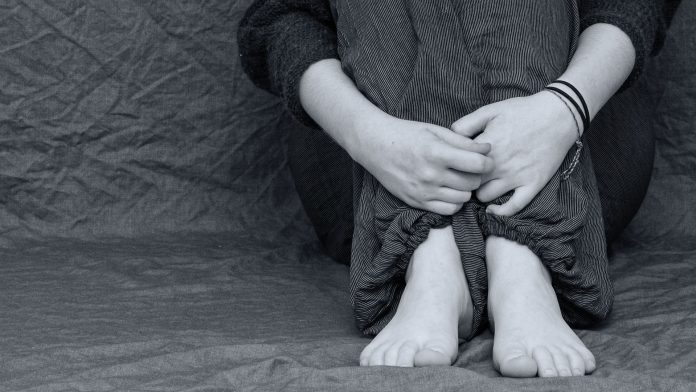
A strong link between depression and anxiety disorders and autoimmune thyroiditis has been proven by scientists, and now a new special treatment could help many of those suffering.
Depression and anxiety disorders are the most common psychiatric conditions in the world. In Germany alone in 2016, there were over 260,000 patients admitted to hospital for treatment.
Scientists from Friedrich-Alexander-Universität Erlangen-Nürnberg (FAU), Germany, have now proven there is a strong link between depression and anxiety disorders and autoimmune thyroiditis (AIT), with their findings published in the leading international psychiatry journal JAMA Psychiatry.
Understanding the connection
Behind the discovery were Professor Johannes Kornhuber, chair of psychiatry and psychotherapy at FAU, scientists from the psychiatric clinic at the University of Bonn, and Dr Teja Wolfgang Gromer, medical practitioner in Bamberg and lecturer at the chair of psychiatry and psychotherapy.
Gromer said: “Over the years, I must have been consulted by several hundred people suffering from depression and anxiety.
“At the end of 2015 I noticed a marked connection between AIT and the other two conditions, especially in patients suffering from both. After realising that more than one in two people diagnosed with anxiety and depression – and only in these cases, not other conditions – also tested positive for antibodies I decided to investigate the issue in more detail.”
Autoimmune thyroiditis
Autoimmune thyroiditis leads to a lasting inflammation of the thyroid gland. Hormones from the thyroid influence the metabolism and cellular energy balance as well as perceived energy levels and the psyche.
This leads to certain mental symptoms, including inner unrest, tension and exhaustion. People between the ages of 30 and 50 tend to fall ill, with women being more affected than men.
As the disease often first becomes apparent around the same time as the menopause and tends not to cause any pain, it is easy to miss the inflammation of the thyroid gland or misdiagnose it as ‘menopausal symptoms’ or depression or anxiety alone.
Ensuring the correct treatment
Calculations have shown that patients with ATI are 3.5 times more likely to suffer from depression or 2.3 times more likely to suffer from anxiety.
In Gromer’s article, he recommends that all patients with depression and anxiety should be screened for AIT to determine which antibodies they have.
In addition, in future psychiatric research on depression or anxiety, AIT sufferers should be recognised as a separate group in order to cast more light on the connections
Source: FAU









